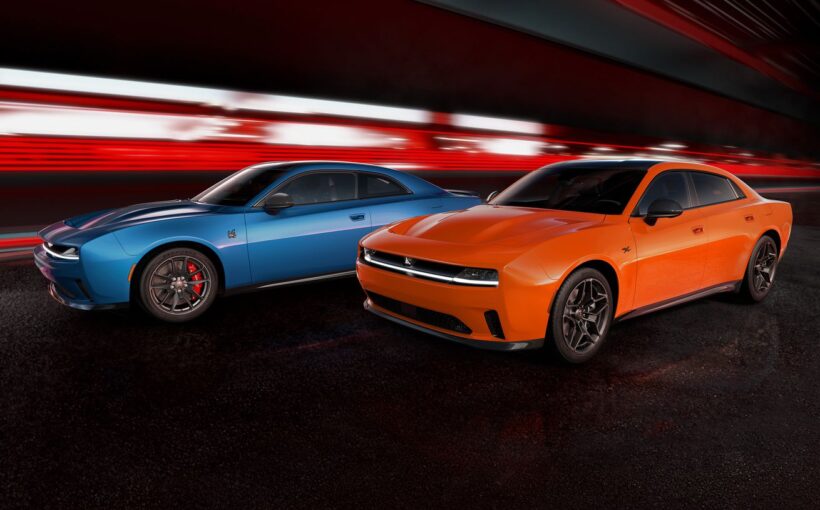
Stellantis says it will put a “demonstration fleet” of Dodge Charger Daytonas on the road by 2026, equipped with solid-state battery technology that’s lighter, more energy-dense, and could eventually make for cheaper EVs. The company calls the demo fleet a “key next step” toward making solid-state EVs that you can actually buy.
The cars will be built on its STLA Large EV platform, which is meant to underpin more than just the Chargers it’s demoing next year. If its demo is successful, there’s a chance that cars from brands like Maserati and Jeep will get the new battery tech, too.
There’s probably a reason Stellantis says “solid-state battery technology” rather than simply solid-state batteries. That’s because these Chargers will use semi-solid-state batteries, which means they’re still made with liquid electrolytes too. That hybrid approach carries benefits like lighter weight and more range, but doesn’t totally obviate the fire risk of traditional lithium batteries.
Factorial, which makes the batteries Stellantis will use, claims its semi-solid-state tech could push EV range up by as much as 50 percent versus today’s electric cars, and that the batteries have “drop-in compatibility with existing lithium-ion battery manufacturing infrastructure,” making them cheaper and easier to produce than switching to full solid-state tech would be.
Solid-state batteries have been hard to develop and not every company has been able to hack it. Nissan had promised it would be producing “all-solid-state” EVs by 2028, but seemed to walk that back this year. Fisker totally abandoned its own efforts to make solid-state batteries in 2021. But Volkswagen, which was to provide Fisker’s platform, recently announced that its batteries had passed an endurance test.
Stellantis’ announcement is a sign of progress, and it’s not the only company making some. Hyundai is a Factorial investor, and so is Mercedes, which said it would have Factorial’s semi-solid-state batteries “in EVs on the road in 2026,” according to Reuters. Honda plans to introduce solid-state EVs in the latter half of the decade, while Toyota’s roadmap includes mass-producing solid-state batteries that enable more than 621 miles of range by 2028.
In China, IM Motor launched the L6, a semi-solid-state battery-driven EV, in April, while its sister brand, MG, announced it will unveil one in Europe next year.



